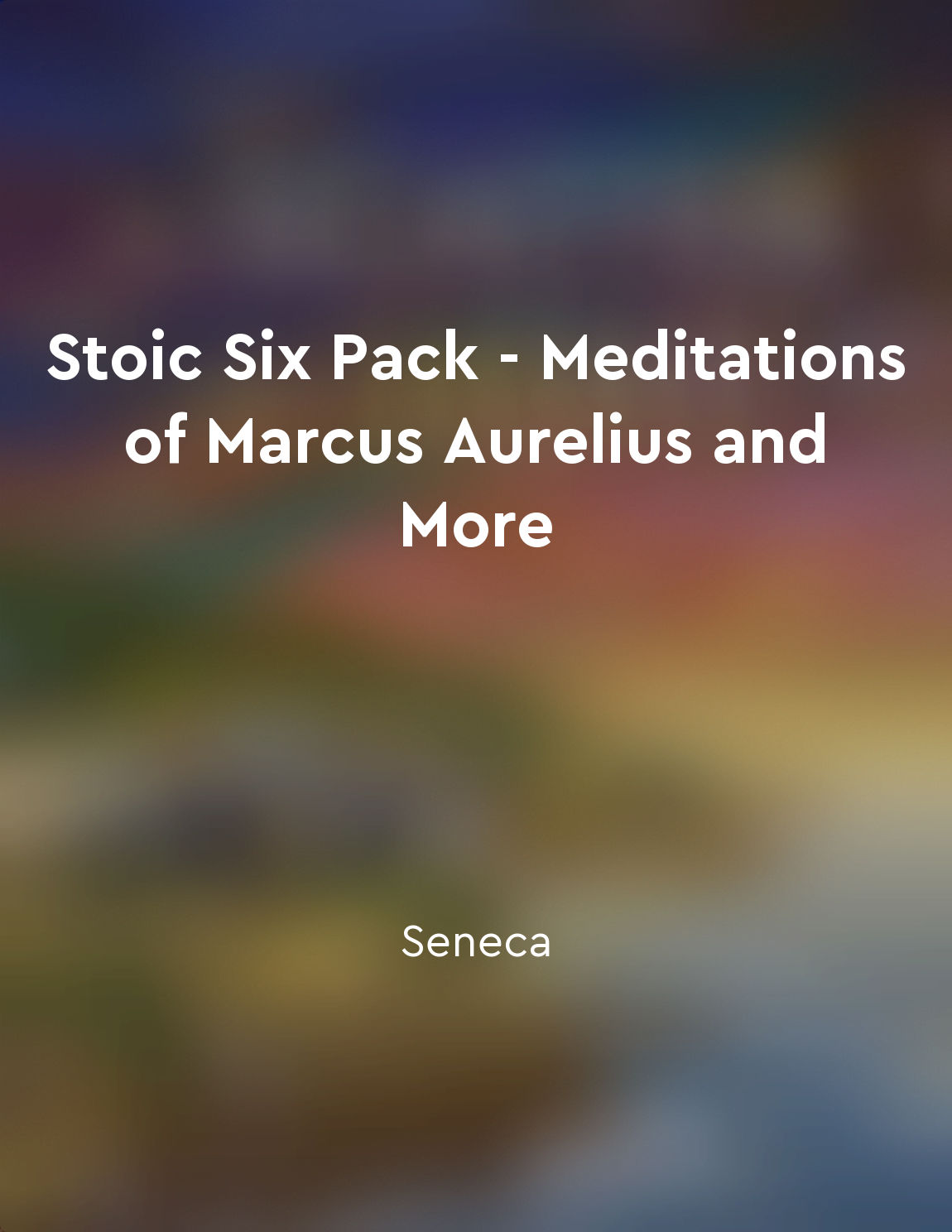The highest good combines virtue and happiness from "summary" of Immanuel Kant: Prolegomena to Any Future Metaphysics by Immanuel Kant
The highest good is that which is worthy of being desired not merely as a means to some further end, but for its own sake. It is the combination of virtue and happiness, for these are the two elements that together constitute what is truly good. Virtue is the moral worth of a person, which consists in the consistent adherence to moral principles. Happiness, on the other hand, is the satisfaction of all our inclinations. Virtue alone is not enough to constitute the highest good, for it is possible to be virtuous and yet unhappy. Likewise, happiness alone cannot be the highest good, for it is possible to be happy and yet morally corrupt. It is only when virtue and happiness are combined that we have something that is truly good in itself. This combination is not arbitrary or contingent, but necessary and universal. It is based on the idea that morality and ...Similar Posts

Understanding one's duty and living a life of righteousness is crucial
The Bhagavad Gita emphasizes the importance of understanding one's duty and living a life of righteousness. This concept is cen...
Find joy in simplicity
In the grand scheme of life, simplicity is often overlooked and undervalued. We find ourselves constantly seeking for more, bel...

Money can buy things, but not true happiness
Money, the universal currency of our world. It can buy us things, material possessions that we desire - a fancy car, a big hous...

Seneca encourages detachment from external circumstances
Seneca's philosophy urges us to cultivate inner strength and resilience, as he believes that true happiness comes from within, ...
In times of hardship, one must remember the eternal nature of the soul
In the midst of life's trials and tribulations, it is easy to lose sight of the bigger picture, to become consumed by the tempo...

Detachment from material desires
The concept of detachment from material desires is a central theme in the teachings of the Bhagavad Gita. In this sacred text, ...

Moral sentiments are integral to human nature and social order
The moral sentiments that guide our actions are not something external or acquired, but rather inherent to our very nature. The...
The power of perspective in shaping our experiences
Seneca emphasizes the importance of how we perceive and interpret the events that happen to us. He argues that it is not the ev...
The pursuit of excellence requires continuous effort and a commitment to learning
Aristotle believed that achieving excellence is not a one-time event, but rather an ongoing process that requires dedication an...
Let go of attachment to material possessions
It is essential to understand that material possessions are fleeting and impermanent. They do not define who we are as individu...
